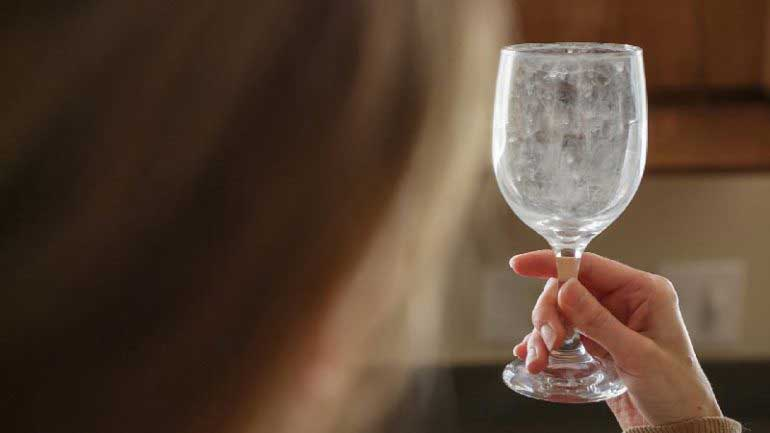Cleaning & HouseholdLife Style
How To Prevent Your Dishes From Becoming Cloudy In The Dishwasher


Raise your hand if you have hard water in your home. Even with a water softener, I am always concerned about hard water stains on the sink, faucet and dishes. Even after one cycle in the dishwasher, the dishes are still cloudy and sometimes have traces of food on them. If you have a similar problem with your dishes, you’ll love these tips.
Next, when your dishwasher is ready, fill the bowl with distilled vinegar and place it on the top rack. The vinegar will help eliminate cloudiness from the dishes and clean them further. Passing the vinegar directly through the detergent filter can damage the dishwasher’s gaskets and plumbing.
There are some other precautions to take, according to CNET. It recommends using vinegar with an acetic acid concentration of no less than 5 percent, which is the minimum acid concentration for household vinegar. It also recommends installing a water softener if hard water in your home is the cause of many white spots on your dishes.

As you already know, vinegar is very good for cleaning and disinfecting various surfaces in your home. Putting vinegar and clothes together also has many benefits. There’s almost nothing that distilled vinegar can’t do (especially when used with baking soda). With these simple tips, your chances of getting your food removed are much higher.
Hard Water Deposits
One of the causes of fogging of dishes and glassware is hard water or water with high mineral content. Bosche, Miele, and Whirlpool all make models with built-in water softeners that allow you to simply add dishwashing salt to a special chamber in the machine, which releases the salt during rinsing and prevents staining on glass as the water dries.
The problem with hard water is twofold. First, the minerals in the water reduce the effectiveness of detergents, so more detergent may be needed to clean dishes. In addition, hard water rinses more poorly than soft water, leaving a film of soap and dirty water on the dishes. Paradoxically, adding too much detergent to hard water will only exacerbate the rinsing problem. Second, the minerals in hard water can dry on the surface of glassware, creating a cloudy film.
One way to test for hard water is to soak a clear glass in vinegar for five minutes. If the cloudy sediment is removed, then hard water is the problem.
If you have hard water, there are a few things you can try.